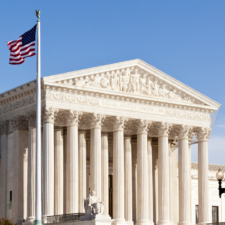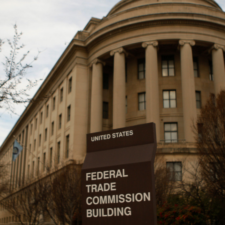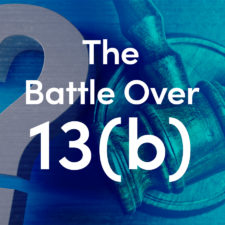
In a unanimous ruling last week, the Supreme Court stated that the FTC has limited powers. In Axon v. FTC and SEC v. Cochran, the highest court looked at the constitutionality of both the prosecutorial and judicial functions residing within the same agency.

The Federal Trade Commission (FTC) announced in a Statement of Commissioner Rohit Chopra that it will begin looking for other methods to seek restitution or disgorgement from companies in the wake of the U.S. Supreme Court ruling that the Commission could not do so using Section 13(b) of the FTC Act.

The Supreme Court ruled that the FTC cannot use Section 13(b) to seek monetary relief without due process. Now a new bill is seeking to unravel that decision.

In a unanimous court decision, the Supreme Court announced that Section 13(b) of the FTC Act does not authorize the FTC “to seek, or a court to award, equitable monetary relief such as restitution or disgorgement.” The ruling does affirm that the FTC can seek monetary relief, but it must first invoke “its administrative procedures […]

Last Thursday, the U.S. Supreme Court overturned a 1992 ruling that allowed online retailers to skirt sales tax collection responsibilities in states where they did not have a physical presence. The decision, in South Dakota v. Wayfair Inc., states that internet retailers can now be required to collect state sales tax in online transactions. With the new […]